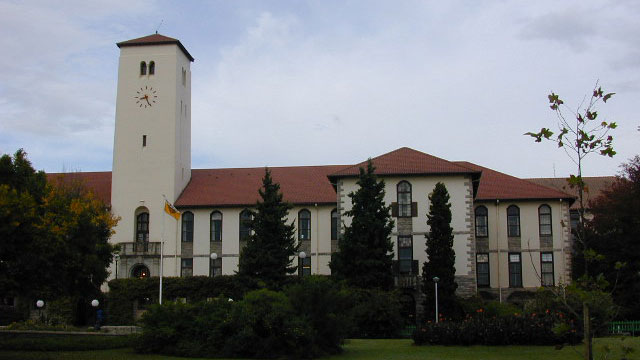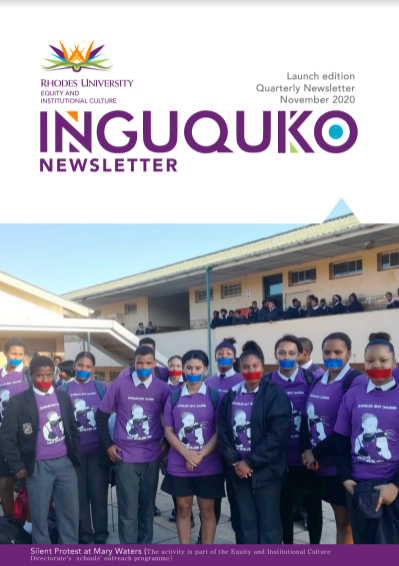The project consists of two components:
Dialogues on Social Cohesion and Social Justice during July and August and a Colloquium in September
Three dialogues are planned to take place on the following dates:
11 July hosted by Fingo Festival, 24 July hosted by Rhodes Fine Art department and 25 August hosted by Upstart.
The colloquium will be hosted at Rhodes University on the 25th September 2015.
This project’s goals are placing art and visuality at the centre of a series of conversations and acts oriented around conditions of abjection and conflict that mark the post-apartheid. It is a response to two provocations: the University of the Free State’s Institute for Reconciliation and Social Justice (IRSJ) which has placed race, reconciliation and social cohesion at the centre of its scholarly inquiry following racist incidents on the university campus in 2008 known as the ‘Reitz incident’; and the public and institutional disputes over the Cecil John Rhodes statue in Cape Town in 2015 which were catalysed by students to draw attention to ongoing forms of racism and exclusionary practices at universities that cut across scholarship, administrative practice, architecture and place and its concomitant visuality.
The project thus aims to extend such debates by considering art and visual culture as intervening or intermediary agents that allow for a foray into historical, social, geographic, theoretical and political arenas. It does so by drawing together three sites in Grahamstown that have taken up the task of art work in different forms: The Rhodes University School of Art, Upstart Youth Development Project and the Fingo Festival.


